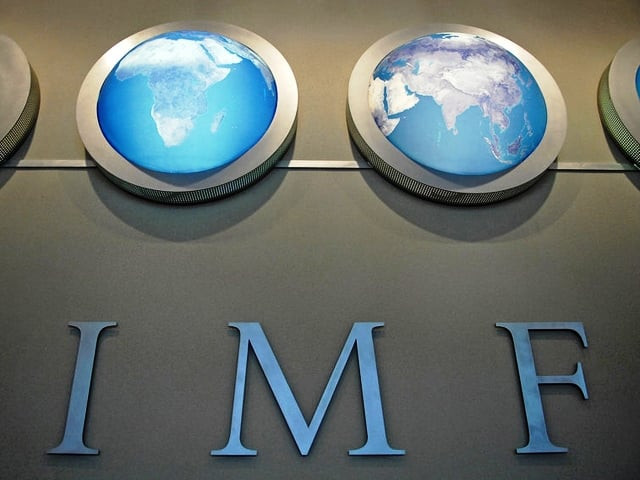Fifteen reform proposals have been under intense discussion between Pakistani authorities and an IMF tech team
In a bid to plug long-standing leaks in its fiscal machinery, the Ministry of Finance is scrambling to finalise a comprehensive set of proposals aimed at overhauling Pakistan’s budget-implementation system, with plans to present the reforms to the International Monetary Fund (IMF) by next month, highly placed officials told The Express Tribune.
The reform package—built around 15 proposals—has been under intense discussion between Pakistani authorities and an IMF technical team. At the heart of the plan is a push to fully digitise the Public Finance Management (PFM) system, a move that officials believe could end chronic inconsistencies that have long plagued budget execution.
To steer this transformation, the government is considering the formation of a specialised committee tasked solely with overseeing the implementation of the digitisation plan.
Read: Pakistan faces risk of corruption-related money laundering
The reforms also envisage taking the entire budget-preparation cycle online through e-office and e-pads, streamlining financial data, and preparing budgets on the basis of consolidated, verified datasets. Officials insist that improved coordination with line ministries is crucial to making the annual budget process less fragmented and more evidence-based.
Sources confirmed that the IMF mission has also held wide-ranging talks on possible adjustments to tax policy for the upcoming budget—an area where the Fund has consistently pushed Pakistan to undertake deeper, more politically difficult reforms.
The Ministry of Finance maintains that the objective of these measures is straightforward: create a transparent, efficient and digitally integrated budget-implementation system that strengthens fiscal discipline and reduces the scope for manipulation.
The urgency behind these reforms has sharpened after the IMF, earlier this week, issued a stark warning about Pakistan’s entrenched corruption challenges. In its Governance and Corruption Diagnostic Report—released by the Ministry of Finance on November 19—the Fund flagged “significant risks of corruption-related money laundering,” particularly in banking, real estate, construction, dealings involving politically exposed persons and public procurement.
The report paints a picture of systemic institutional weaknesses and presses Islamabad to immediately roll out a 15-point reform agenda to improve integrity across the board.
Also Read: IMF opposes purchasing rule tweaks
In a separate but related admonition, the IMF criticised the federal and Punjab governments for amending procurement rules to allow contracts to be handed to state departments without competitive bidding—practices that, according to the Fund, have opened the door to opaque subletting arrangements with private firms.
The IMF has now demanded that Pakistan eliminate preferential treatment for state-owned enterprises within a year, warning that such exemptions distort competition, create opportunities for abuse and increase corruption risks.
The coming weeks, officials say, will determine whether Islamabad can translate these reform plans into actionable commitments—something the IMF will scrutinise closely as it weighs Pakistan’s next steps.

